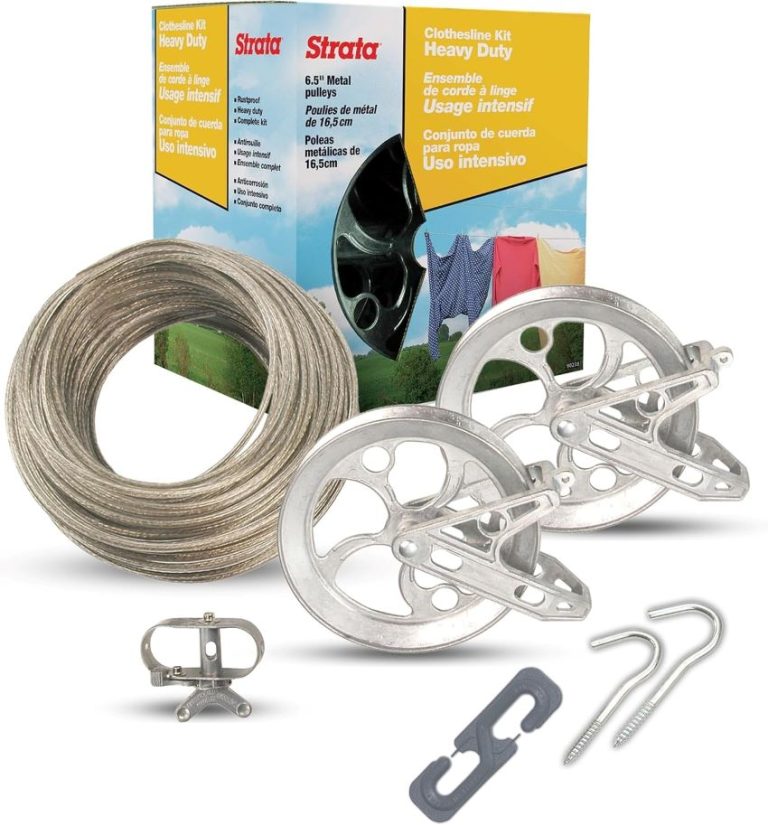Introducing security — like CCTV cameras in your workplace becomes a bit of a balancing act: keeping employees safe while respecting their privacy. Incorrectly run, it can harm morale and breach legal requirements — potentially leaving you open to heavy tribunal claims.
Transparency builds trust. Tell your employees that CCTV will be installed before it is live. Detail the reason you are installing it — whether theft deterrent, monitoring for safety and surveillance or to comply with legislation. Workplace trust is ruined and there may be a violation of privacy laws because of the use of hidden cameras.
Location matters legally. You can observe public areas such as foyers, warehouses and shop floors but personal spaces are strictly out of bounds. The cameras, under no circumstances should point towards the lavatories of a washroom or any changing room and even break areas. Also in authorised areas, do not aim cameras at personal conversations or intimate activities.
Data protection is non-negotiable. For GDPR, you need to have a legitimate business interest in recording, only approved people can access it and you must delete the footage after an appropriate period of time. Make sure you post a lot of signage explaining your CCTV policy and include contact details for privacy concerns. For CCTV Cheltenham, visit apmfireandsecurity.com/cctv-installation/cctv-installation-cheltenham
Include your team in the sourcing process. Find out what security concerns your employees have and detail how CCTV addresses these issues. From the perspective of what is necessary for business, employees are more inclined to believe in monitoring as legitimate and not intrusive.
Regular policy reviews prevent problems. Perform an annual review of your policy to ensure it is correctly balancing actual security risks with respect for employee dignity.











+ There are no comments
Add yours